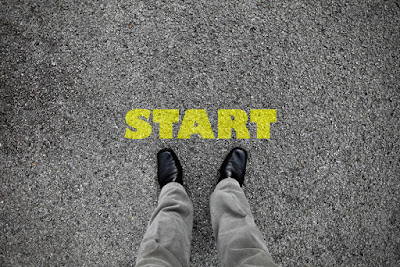If you are a high growth company ready to hire salespeople, make sure that you fine-tune your interviewing skills training first. These new hires are too important to your business success…you have to do it right from the start.
Here are some behavioral interviewing skills tips from honest-to-goodness talent acquisition experts on how they went about interviewing applicants for sales jobs…and did it well.
- They screened resumes for the unusual.
Believing that resumes are of dubious value in talent selection because they often overstate the candidate’s qualifications and give no real sense of a candidate’s values and working style, the interviewers looked for something that piqued their interest. Did the candidate do summer work on a fishing boat in Alaska or with engineers-without-borders in Kenya? It would be interesting to find out what they learned from the experience. Do they collect Japanese block prints or skeet shoot as a hobby? It would be more fun to talk about these topics than “work experience” and they figured they could learn a lot more about candidates’ beliefs, passions and personalities. - They wanted proof in phone interviews that the candidate could sell.
While many interviewing skills training programs focus on past behavior to judge future performance, these interviewers focused less on what the candidates had done than on what they could do. Could the candidate convince the interviewer they should be hired? Have they done their homework so they know enough about the company to sell it? What can the candidate teach the interviewer? In other words, they wanted the candidates to prove that they could be confident, persuasive and provide value in the present. - They asked the candidate to describe what they would do if they could start a company.
This question can highlight just how well a candidate would fit in a fast-paced and high growth culture. You can learn about how flexible and agile they can be, how innovative, how able to work in ambiguous situations, how independent, and how resourceful. - As the interviewers were leaning toward a no-hire decision, they gave the candidate a chance to prove them wrong.
Here is where a candidate really has to stretch…something a real salesperson has to do often. What positive quality did the interviewer overlook? How much does the candidate really care about this particular job and this particular company? What can the candidate offer that no one else can? If they can handle this phase of the interview successfully, they have earned a second look and more complete consideration.


No comments:
Post a Comment